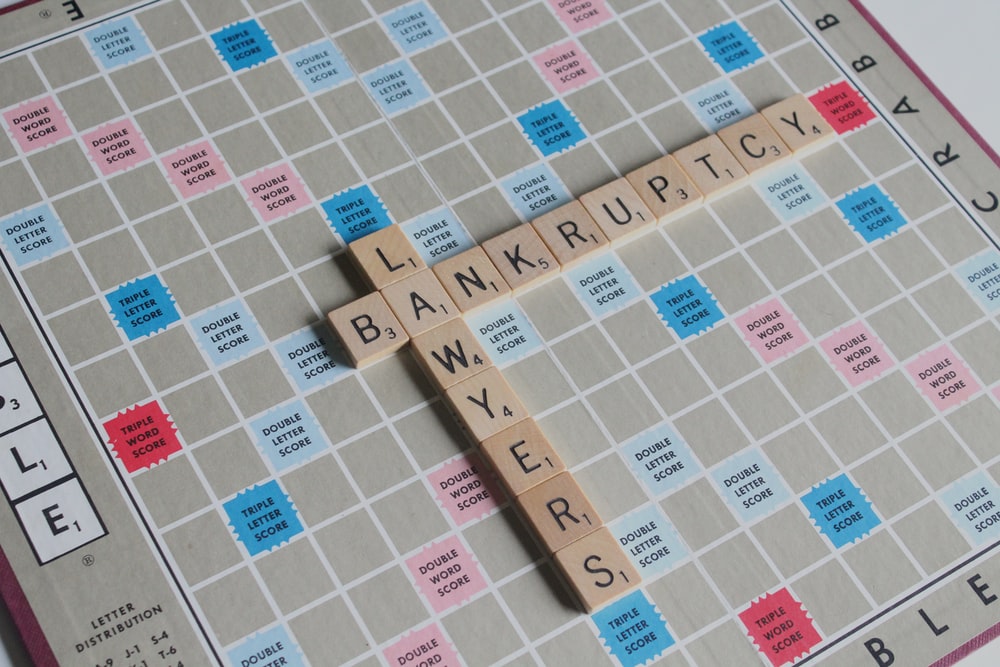At times, a business might face a bankruptcy order that it does not believe should have been given. Alternatively, an organization has repaid the debts that resulted in its bankruptcy and now wants an order from the court to end that bankruptcy. In such instances, the business can apply for an annulment of bankruptcy in the UK.
Let’s explore what that means!
What Is an Annulment of Bankruptcy in the UK?
The annulment of bankruptcy in the UK is filed when you need the court to cancel your original bankruptcy order. The annulment ensures that it appears as if the bankruptcy order was never made. This order is typically made under the Insolvency Act 1986’s section 282. Be mindful not to confuse it with the order rescinding a winding-up order in the case of corporate insolvency.
Who Can File for a Bankruptcy Annulment Order?
Contrary to what one might think, an annulment of a bankruptcy order isn’t just made by the person affected by the bankruptcy order, i.e., the debtor. The trustee named in bankruptcy, i.e., the person who controls the debtor’s estate, can also apply for it. Similarly, it can also be filed by a third party affected by the bankruptcy order.
Grounds Required for an Annulment of Bankruptcy
If you want to have your bankruptcy order annulled by the court, you will need to get it done on the following grounds:
- If you can prove to the court that the bankruptcy order should not have been made in the first place since there was no justification for it
- If the court surmises that the bankruptcy expenses and debts have all been secured and paid according to the rules and to the court’s satisfaction
- If the undischarged bankrupt reaches an IVA or individual voluntary arrangement with their creditors
What Happens After an Annulment Order
The annulment of the bankruptcy order effectively enables you to restore your company’s position to what it was before the court made the bankruptcy order. So, unless the annulment was made based on the fact that you have resolved all your financial woes and paid off your debts, you will remain fully liable for all of the debts and property that were given to the trustee while your company was declared bankrupt.
How to Apply for an Annulment
Only the court of law has the ability to annul a bankruptcy order, which is why you will need to issue an application detailing your grounds for annulment. The trustee, bankrupt individual, or the bankrupt person’s civil partner or spouse can file for the annulment order. Whoever applies for the annulment of bankruptcy will need to prepare a witness statement to go with the application. It should include the evidence gathered in support of the grounds for annulment.
If you apply for an annulment on the basis that you have cleared all your debts, you must provide evidence to the court. You can do that by paying every individual creditor or bankruptcy trustee. If you cannot do that, you must at least provide evidence confirming that you have given security to the creditors, ensuring you will pay off all your debts in full.
Once you submit the documents and application to the court, it will provide you with a notice of a hearing. You will need expert guidance from an attorney well-versed in such cases to keep yourself from making errors that can result in your annulment of bankruptcy application getting rejected.


